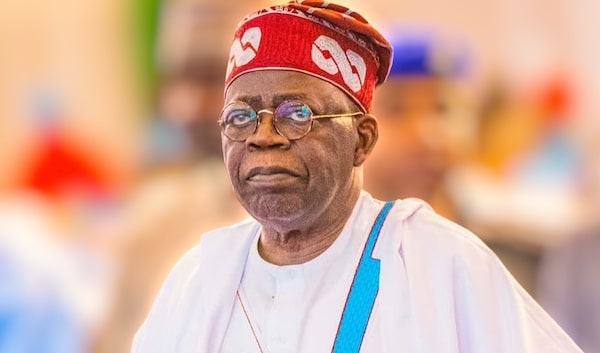
Chairman of the All Progressives Congress, Abdullahi Ganduje, disclosed this to State House correspondents shortly after he led the committee in an audience with the President at the Aso Rock Villa, Abuja.
This formed part of 21 recommendations captured in a document submitted to the President to enhance the Federal Government’s holistic response to the lingering cases of bloodshed.
The document sighted by our correspondent spelled details of the proposed solutions where the committee advocated a reform agenda examining conflict mitigation and resource management.
“This agenda should include the establishment and resuscitation of grazing reserves as suggested by many experts and well-meaning Nigerians and other methods of land utilisation.
“Create the Ministry of Livestock Resources in line with practice in many other West African countries. In the alternative, Federal and State Governments should expand the scope of existing Departments of Livestock Production to address the broader needs of the industry,” it read.
Ganduje, who explained the complexity of the challenge, explained that the government’s approach must address the four kinds of herders: those who settle at home, nomadic herdsmen traversing the country, those from neighbouring West African countries as well as those who have settled among certain ethnic tribes and indigenized.
He lamented that the sector’s low productivity had made Nigeria import-dependent, draining scarce foreign reserves for importing dairy, meat and other livestock products.
Similarly, he said the conflicts are resulting in killings of citizens and loss of livelihoods, further affecting peaceful coexistence in the country.
“It is gratifying to lead this team of patriotic Nigerians and experts in various fields of human endeavour before Mr. President to present the national conference report on Livestock reforms.
“The Report grew out of the urgent need to reform and develop the livestock industry and to provide solutions to the age-long conflicts between herders and farmers in Nigeria.
“But to find the solution to achieve the desired goals, you’ll need a strong institution. We recommended the establishment of the Ministry of Livestock and subsequent agencies so that various aspects of the recommendations will have appropriate institutions for implementation,” the APC helmsman explained.
He noted that the committee also recommended a funding source, including inflows from international organisations, the private sector and the government.
On the outcome of the meeting, the former Kano Governor said Tinubu had assured them of his readiness to consider the recommendation and provide fitting solutions.
“The answer we got is that Mr. President is ready to provide the solution to these problems, especially pertaining to the economy of the livestock and then the security aspects of the herders-farmers’ conflict,” said Ganduje.
At the meeting, he told the President that Nigeria’s increasing population, ecological changes such as soil erosion, degradation of grazing areas, and changing climates necessitate adopting innovative crops and livestock production practices.
The APC national Chairman also informed Tinubu that the report submitted to him holds the antidote to the problems of the livestock industry, adding, “It addresses the key reforms and presents various development options needed for the sustainable development of the sector.”
Ganduje said that implementing the proposals would enhance productivity, improve livelihoods, promote environmental conservation, address substantial causes of conflicts between farmers and pastoralists, and help reduce the high cost of imports of animal products like milk and beef.
He said as former Kano State Governor, his administration deliberately promoted the modernisation of livestock production while strengthening local authorities to manage relationships and amicably resolve conflicts between the groups.
“For this reason, Kano State remained among the most peaceful States in the country throughout our eight years of governance,” he affirmed.
The report committee was chaired by the former Chairman of the Independent National Electoral Commission, Prof Attahiru Jega.
It includes members from the organised private sector, academia, practising pastoralists and farmers, representatives of farming and pastoralist communities, civil society organisations and specialists in various fields of livestock development and conflicts management.
Present were the Vice Chairman of the committee, Prof Jibrin Amin, MD Guardian Newspaper, Mr. Martins Oloja; former Secretary to the Niger State Government, Prof Muhammed Kuta; Executive Secretary, National Commission for Nomadic Education, Prof Bashir Usman; Chairman, All Farmers Association of Nigeria, Kabiru Ibrahim; Rabe Mani and Winnie Solarin, among others.





